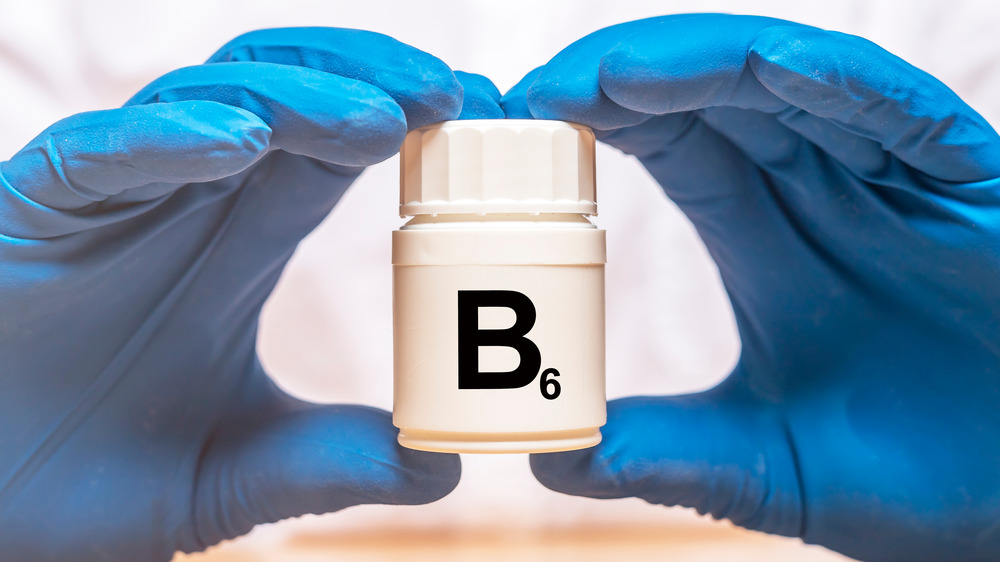Could Vitamin B6 Relieve COVID-19 Symptoms?
Vitamin B6 could potentially play a role in helping to relieve the symptoms of COVID-19, according to an opinion article published in Frontiers in Nutrition. In the article, researchers propose that vitamin B6 could help reduce the severity of COVID-19 by suppressing inflammasomes and boosting immune function, using research on the impact of vitamin B6 on diabetes and cardiovascular diseases to support their argument.
However, there is currently no scientific evidence to back up this claim. In fact, even previous research suggesting that vitamin B6 may help reduce the risk of heart disease remains inconclusive. As a result, health experts are wary of both the article and the claim and are subsequently calling for further research.
"Low levels of [vitamin] B6 in the body are associated with a weakened immune system, but often, the promise of a positive impact is there but the outcome of well-designed studies is disappointing," Ali Webster, the director of research and nutrition communications at the International Food Information Council, told Eat This, Not That!
Vitamins that can boost your immune system
While there is not enough evidence to suggest that vitamin B6 can reduce the impact of COVID-19, experts agree that vitamin C and vitamin D can help boost your overall immune system function (via Verywell Health).
Since vitamin C is a powerful antioxidant, it can help fight off any disease-carrying free radicals and defend against oxidative stress, which can sometimes trigger a cytokine storm. A cytokine storm is an immune system response to infection that causes inflammation. Vitamin D, on the other hand, can help improve the function of immune cells, like T cells and macrophages, which aim to protect the body against viruses and bacteria.
While you can take supplements to satisfy your daily vitamin C and vitamin D intake, it's better to try to get your vitamins from a well-balanced diet. "Resilience and optimal health can be enhanced by getting enough rest, maintaining some level of fitness, having a balanced diet that is plentiful in vegetables and some fruits, making sure vitamin D levels are adequate, and getting a healthy intake of foods rich in vitamin C," Dr. Daniel A. Monti, the chair of integrative medicine and nutritional sciences at Thomas Jefferson University, told Verywell Health.


